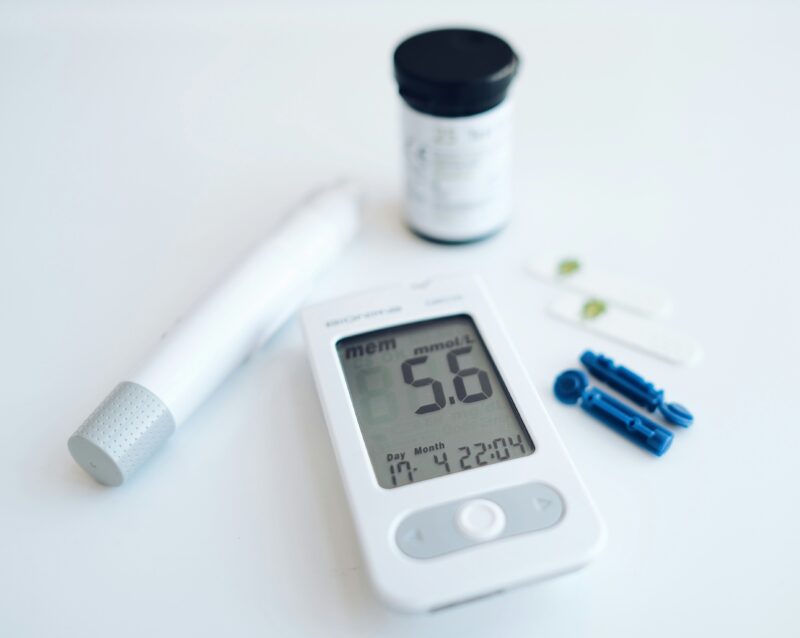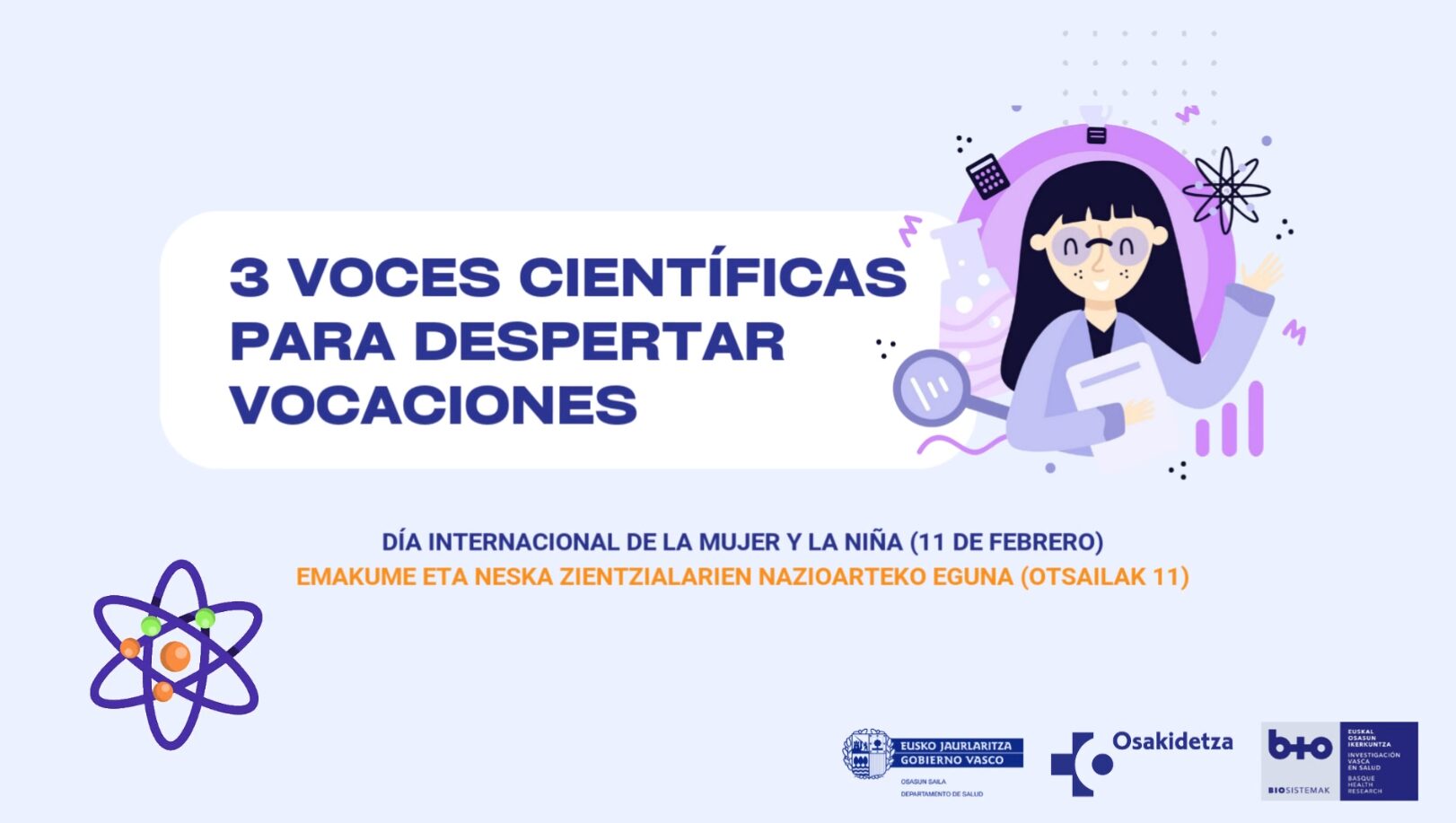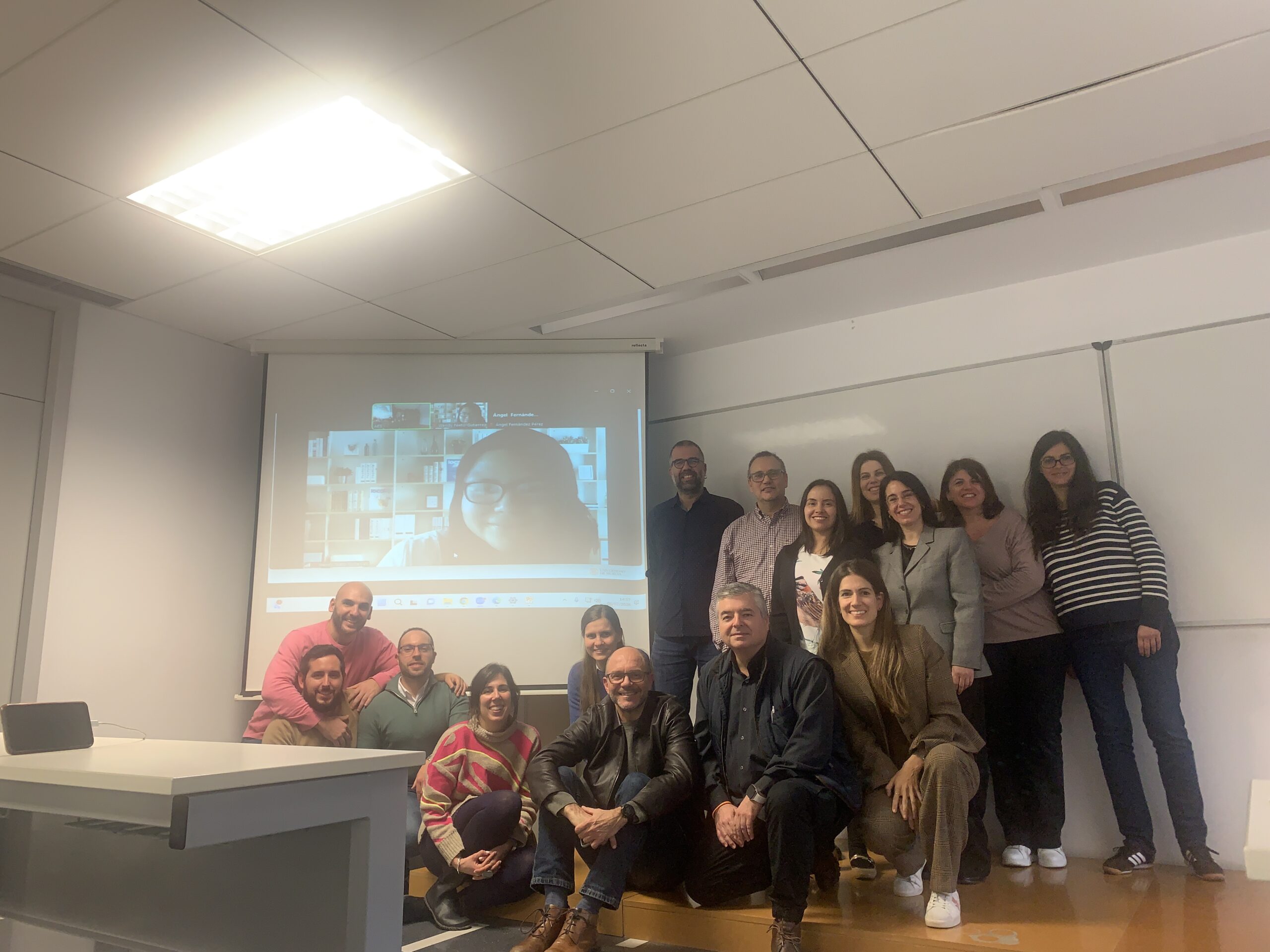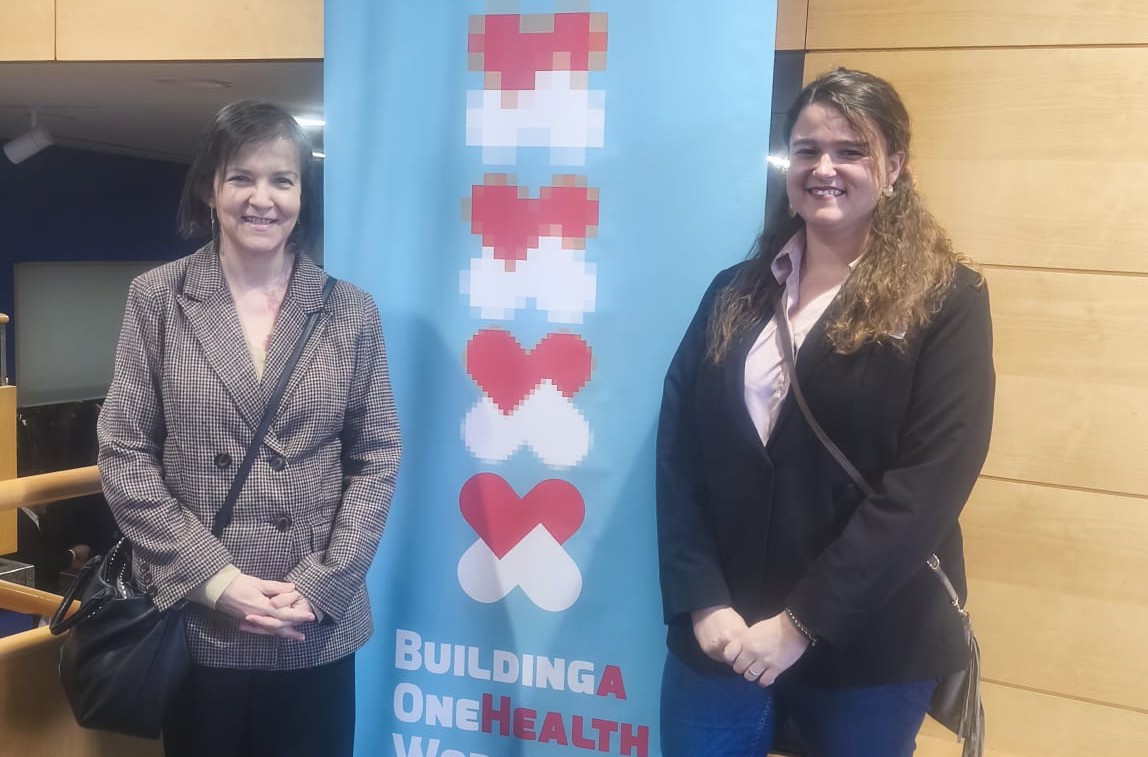Biosistemak leads a study that validates a key tool for measuring quality of life in people with diabetes
The article, published in the Journal of Patient-Reported Outcomes (JPRO) this May, features the participation of scientists from across the country.
The scientific article ‘Psychometric properties of the EQ-5D-5L in patients with diabetes mellitus in Spain,’ published in the Journal of Patient-Reported Outcomes (JPRO) in May, presents the validation of this questionnaire in the Spanish population with diabetes.
The work was led by Amaia Bilbao González, biostatistician at the Basurto University Hospital and researcher at Biosistemak, as part of a project directed by Iñigo Gorostiza Hormaetxe, principal investigator of the Health Services group, with the participation of researcher Daniela Mestre Congregado. The study was funded by the Carlos III Health Institute (ISCIII, PI12/01473).
The research brought together scientists from Osakidetza, Biobizkaia, the Hospital del Mar Medical Research Institute (IMIM) and the International University of Catalonia, as well as the Canary Islands Health Research Institute. In addition, five of the signatories are researchers from the Research Network on Chronicity, Primary Care and Health Promotion (RICAPPS), which reinforces the collaborative and multidisciplinary nature of the study.
The EQ-5D-5L, developed by the EuroQol Group, is a widely used questionnaire for measuring health status across five dimensions (mobility, self-care, daily activities, pain/discomfort and anxiety/depression), each with five levels of severity. This version improves the sensitivity and discriminatory power of its predecessor, allowing for a more accurate description of people’s health status and facilitating overall assessment using a visual analogue scale.
What did the study involve?
The team analysed the responses of 133 people with diabetes who completed the EQ-5D-5L along with other questionnaires on quality of life, anxiety and depression, as well as providing clinical and sociodemographic data. The aim was to assess the reliability and validity of the EQ-5D-5L for measuring quality of life in patients with diabetes in Spain.
The results show that the questionnaire has good reliability and consistently measures quality of life. The dimensions of daily activities, self-care and mobility were particularly useful in distinguishing the health status of patients. The EQ-5D-5L adequately reflected differences in quality of life according to age, gender, body mass index, regular physical exercise, years with diabetes, suboptimal glycaemic control, general health status and levels of anxiety or depression.
Thus, older people, women, those who are obese, who do not exercise regularly, who have had diabetes for longer, who have suboptimal glycemic control, who are in poorer general health or who have higher levels of anxiety or depression, had worse results in the questionnaire, indicating a poorer quality of life.
Relevance of the study
The validation of the EQ-5D-5L in patients with diabetes in Spain provides evidence for clinical and research professionals to have a reliable and valid tool to assess quality of life, thus facilitating more personalised care and the evaluation of the impact of treatments and health policies.
This work reflects the commitment of Biosistemak, Osakidetza and the other participating entities to research aimed at improving the quality of life of people with chronic diseases. The study was approved by the Ethics Committee and had the informed consent of all participants.
Article reference:
Bilbao-González A, González-Sáenz de Tejada M, Ferrer M, Ramallo-Fariña Y, Paja-Fano M, García-Forero C, Mestre D, Gorostiza-Hormaetxe I. Psychometric properties of the EQ-5D-5L in diabetes mellitus patients in Spain. J Patient Rep Outcomes. 2025 May 29;9(1):60. doi: 10.1186/s41687-025-00874-5. PMID: 40439786; PMCID: PMC12122406. Link: https://pmc.ncbi.nlm.nih.gov/articles/PMC12122406/






